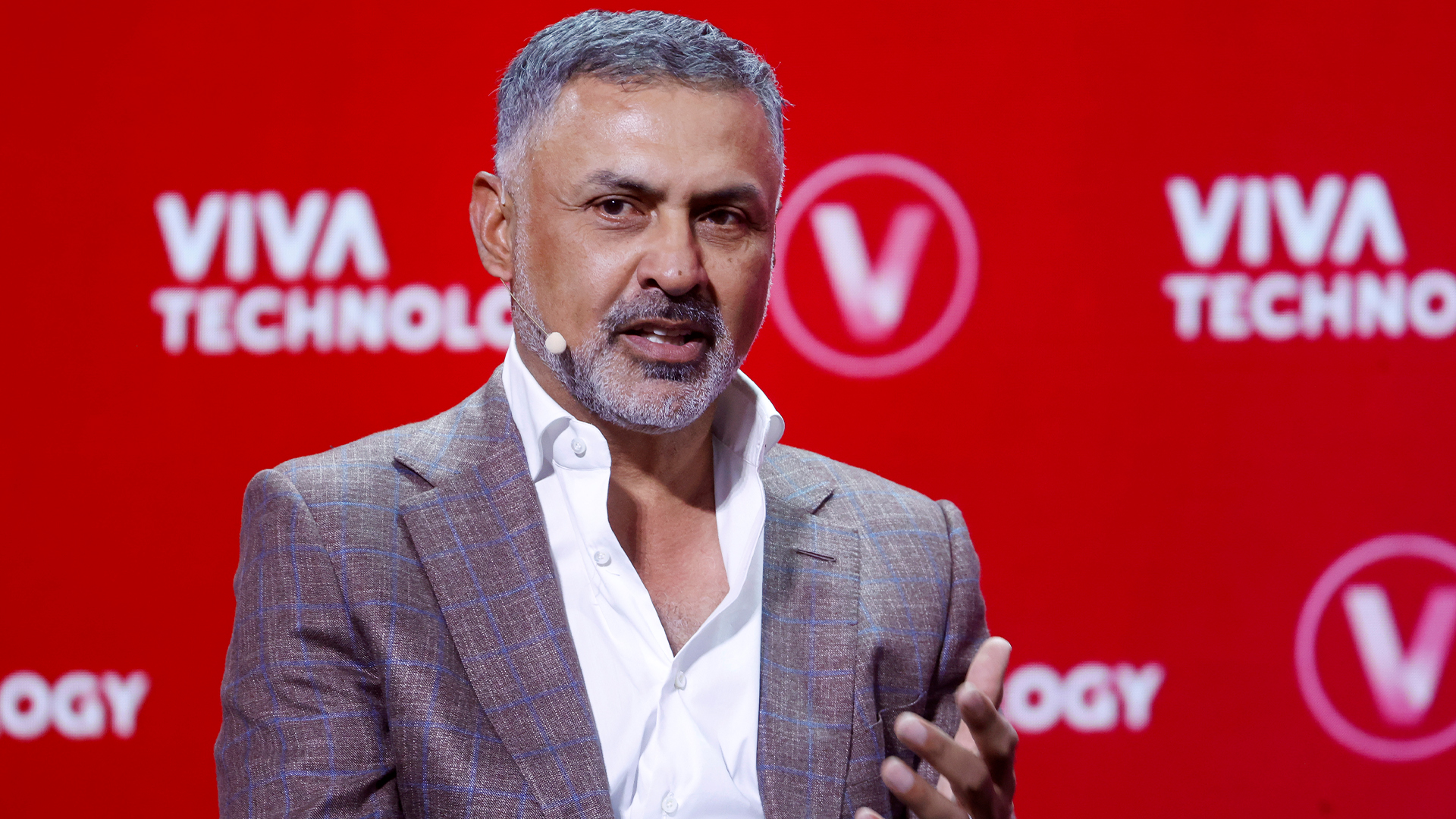WiMax and Wi-Fi will be mobile broadband's energy saviour
As data consumption and energy costs head skywards, ABI Research is warning operators that they must change tack


Sign up today and you will receive a free copy of our Future Focus 2025 report - the leading guidance on AI, cybersecurity and other IT challenges as per 700+ senior executives
You are now subscribed
Your newsletter sign-up was successful
Increasing demand for mobile broadband is likely to drastically increase the amount of energy needed per subscriber, propelling levels past acceptable thresholds, according to analyst ABI Research.
The solution to prevent this scenario from becoming a reality is for operators to transfer their attention away from a purely cellular approach to one that makes use of WiMax and Metro Wi-Fi technologies, claims the analyst.
Today, energy expenditure is the third most weighty operating expense item communications providers have to carry.
Another recent ABI Research study revealed that the total energy consumption arising from mobile broadband service delivery will surge from 42.8 billion kilowatt hours (KWh) in 2005 to a mammoth 124.4 billion KWh in 2011, with Asia Pacific representing most of this growth.
With spiraling energy costs, and increased data consumption, those charged with making planning decisions are starting to worry.
"From a pure coverage perspective WiMAX is twice as energy-cost-effective and metro Wi-Fi is 50 times more energy-cost-effective than WCDMA," said Stuart Carlaw, director of wireless research at ABI Research.
"When data traffic is factored into the equation, WiMAX can accommodate 11 times today's average data consumption and still be more energy-cost-efficient compared to WCDMA or HSDPA."
Sign up today and you will receive a free copy of our Future Focus 2025 report - the leading guidance on AI, cybersecurity and other IT challenges as per 700+ senior executives
ABI has published a report entitled 'Energy Efficiency Analysis for Mobile Broadband Solutions' to offer strategic recommendations and guidance in light of the changing dynamics of cost and demand.
Maggie has been a journalist since 1999, starting her career as an editorial assistant on then-weekly magazine Computing, before working her way up to senior reporter level. In 2006, just weeks before ITPro was launched, Maggie joined Dennis Publishing as a reporter. Having worked her way up to editor of ITPro, she was appointed group editor of CloudPro and ITPro in April 2012. She became the editorial director and took responsibility for ChannelPro, in 2016.
Her areas of particular interest, aside from cloud, include management and C-level issues, the business value of technology, green and environmental issues and careers to name but a few.
-
 Palo Alto Networks CEO hails ‘the end of identity silos’ as firm closes CyberArk acquisition
Palo Alto Networks CEO hails ‘the end of identity silos’ as firm closes CyberArk acquisitionNews Palo Alto Networks' CEO Nikesh Arora says the $25bn CyberArk acquisition heralds "the end of identity silos" for customers, enabling them to supercharge privileged access management.
-
 Google says hacker groups are using Gemini to augment attacks
Google says hacker groups are using Gemini to augment attacksNews Google Threat Intelligence Group has shut down repeated attempts to misuse the Gemini model family
